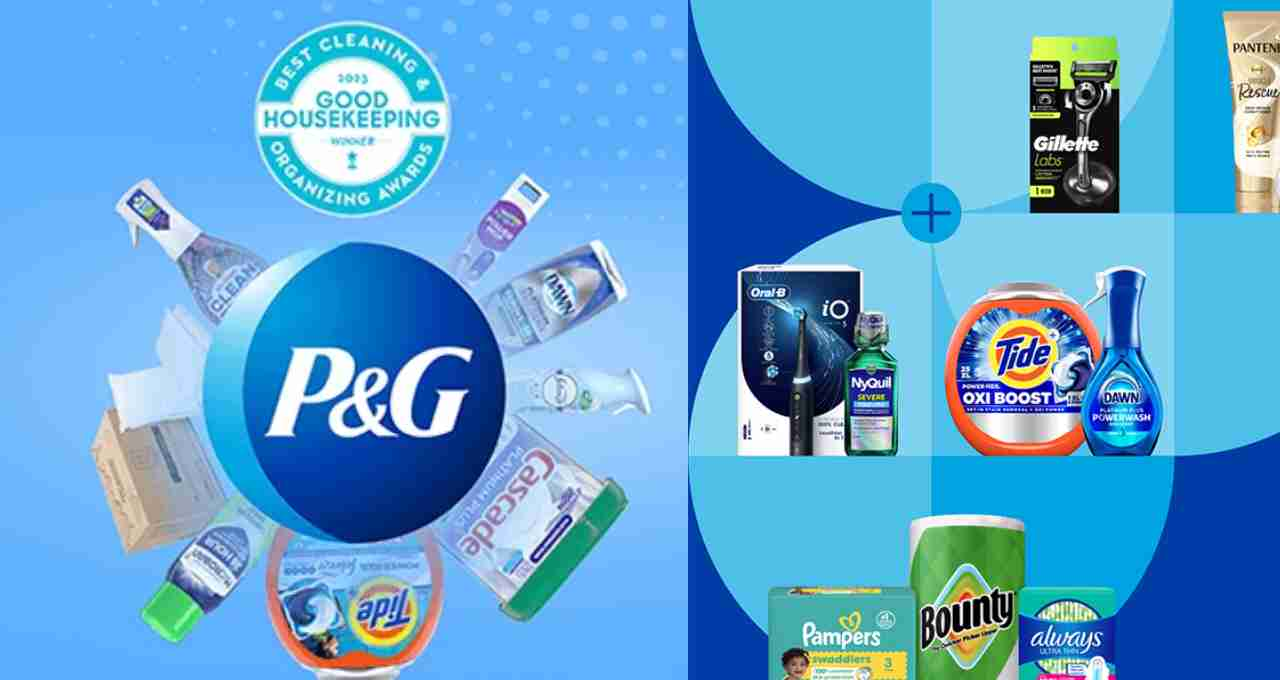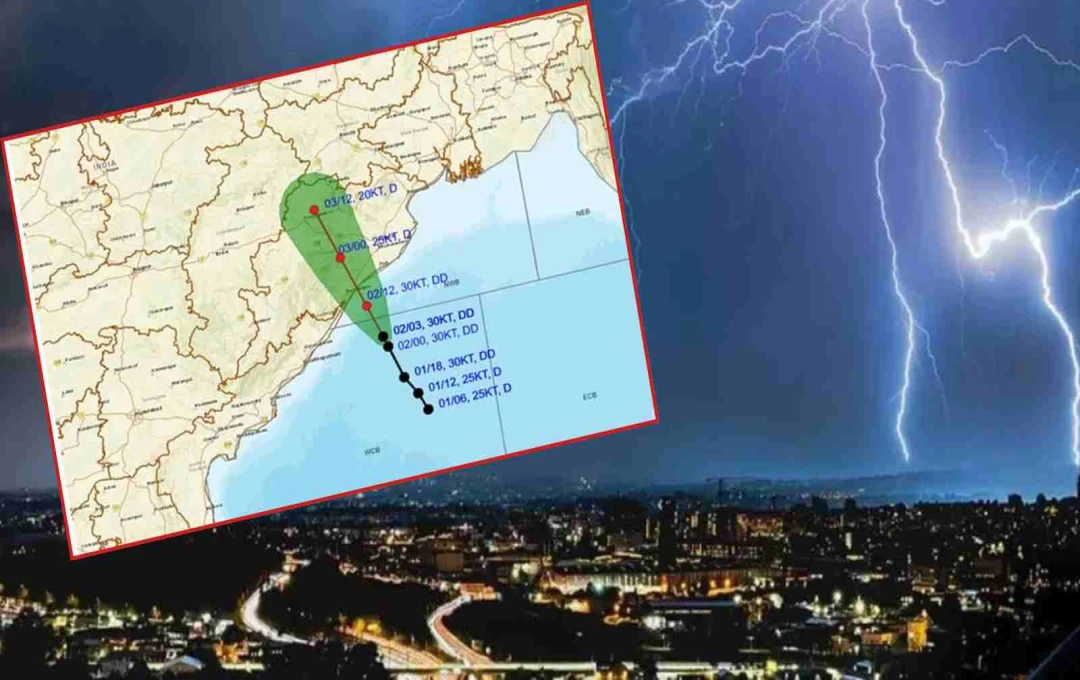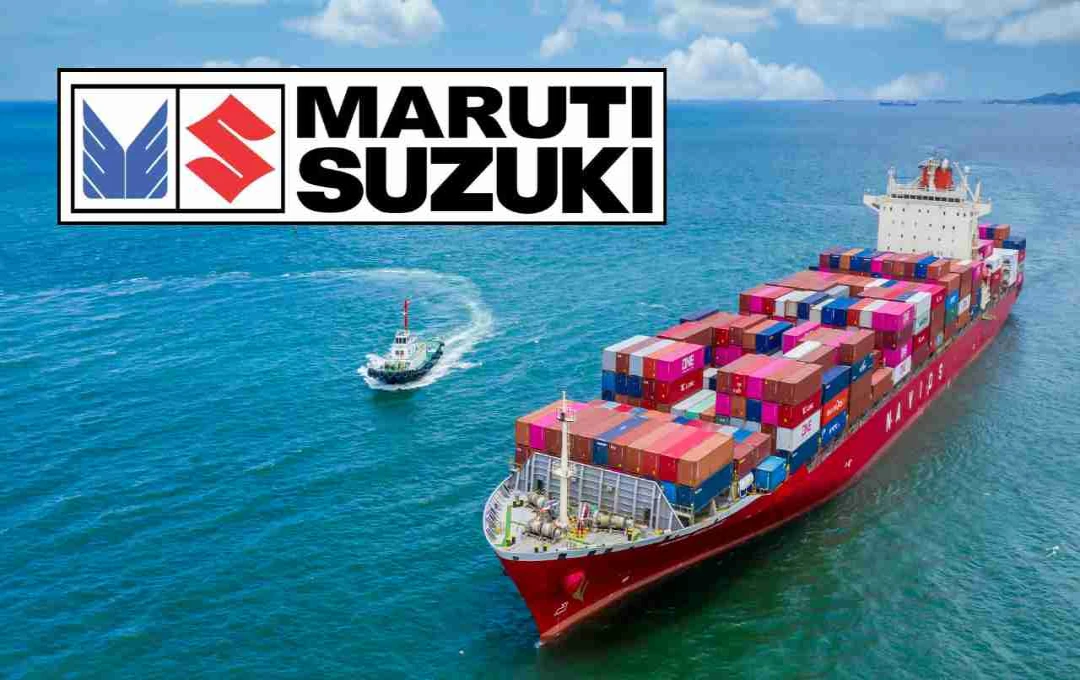Procter & Gamble (P&G) has decided to close its manufacturing and business operations in Pakistan. The company will now make its products available only through a third-party distribution model. Employees will either receive an overseas assignment or a separation package. P&G's move, following Shell and Pfizer, highlights the challenges faced by Pakistan's economy and multinational corporations.
Pakistan: Procter & Gamble (P&G) has announced the closure of its manufacturing and business operations for its Tide, Pampers, and other brands in Pakistan. The company will now provide products to consumers in Pakistan solely through a third-party distribution model. Employees will be offered either overseas assignments or separation packages. This move, following Shell and Pfizer, signals Pakistan's economic challenges and the exit of multinational companies.
Decision to Cease Operations
P&G stated that this decision is part of its global restructuring program. The company had already announced plans to reduce its brand portfolio and cut 7,000 jobs over the next two years. The company took this step due to business challenges, weak demand, and rising trade tariffs. Procter & Gamble has now joined the ranks of multinational companies that have scaled down or ceased operations in Pakistan.
Employees to Receive Package
P&G stated that employees in Pakistan would be given two options. Those for whom an overseas assignment is feasible will be relocated. The remaining employees will be offered a separation package. With this move, the company is limiting its business model in Pakistan to third-party distribution, aiming to reduce operational costs.
Gillette Pakistan's revenue has been continuously declining over the past few years. Two years ago, it reached 3 billion rupees, but it has almost halved in the financial year ending June 2025. The company's board has decided to hold a meeting to consider delisting and other potential measures. Alongside this, shares saw an increase of up to 10 percent, reaching their highest level in three weeks.
Inception and Expansion of Business

P&G commenced its business in Pakistan in 1991. With brands like Pampers, Ariel, Head & Shoulders, and Pantene, the company quickly became a leading consumer goods company there. In 1994, the company expanded its business by acquiring a soap plant, followed by a detergent plant in 2010. Now, the company will continue to supply products by adopting a third-party distribution model.
Saad Amanullah Khan, former CEO of Gillette Pakistan, cited several reasons behind this decision. He stated that high electricity costs, poor infrastructure, and regulatory pressure have affected the business. He believes that the exit of multinational companies is a signal to the government that the business environment needs improvement.
Impact on Pakistan's Economy
Previously, major brands like Shell and Pfizer had also exited Pakistan. Now, P&G's move further increases the risk for the country's economy and foreign investors. A weak currency, high tax rates, and economic instability have made Pakistan less attractive for foreign companies.
P&G has clarified that it will continue to serve its consumers in Pakistan. Products from brands like Tide, Pampers, and others will still reach stores through the company's third-party distribution model. However, manufacturing and direct operations will now be discontinued.














